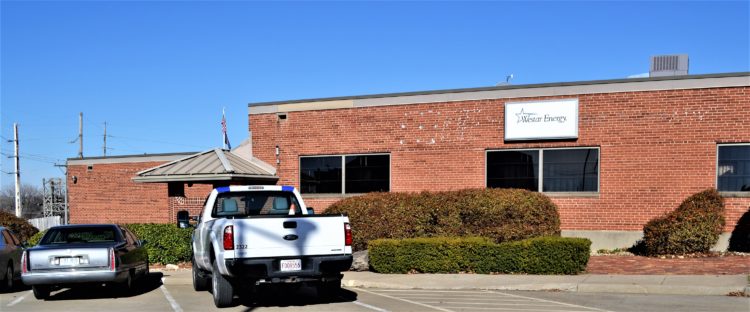
Consistent with its recent statements, Westar Energy (NYSE: WR) today asked the Kansas Corporation Commission (KCC) to update its prices for the new lower federal tax rate, which will save customers about $74 million per year.
Westar’s request also included $11 million of initial savings in contemplation of its proposed merger with Great Plains Energy and $29 million in savings achieved from refinancing debt. These $114 million in savings offset costs related to the recently added Western Plains wind farm, depreciation, and other expenses.
All told, these adjustments will reduce prices by about $2 million in September, when the KCC’s decision is due.
In early 2019, credits that reduced customer prices for about 10 years will expire, and Westar has asked to adjust prices for those changes at that time. “Westar Energy is pleased to ask the KCC to reflect in our prices the benefit of federal tax savings,” said Mark Ruelle, president, and chief executive officer. “It’s important that our prices reflect the actual cost of serving customers.”
Renewable energy expansion Included in Westar Energy’s rate update are costs for the new 280 megawatts Western Plains wind farm, required updates for depreciation costs, and, later, adjustments related to ending renewable energy federal tax credits and an expiring wholesale contract.
Western Plains wind farm, near Spearville, Kan., has been in service, reducing customers’ fuel costs for a year, but the costs of the new renewable energy center are not yet reflected in customer prices.
Over the wind farm’s 20-year life, the fuel savings are expected to exceed the cost of the wind farm by about $70 million.
“About a third of the electricity we supply to our retail customers now comes from renewables – notably, Kansas wind farms,” said Ruelle. “Clean Kansas energy is affordable, bringing Kansas to third in the nation for wind energy.”
The KCC requires companies it regulates to produce a study every five to seven years updating the depreciation costs that should be included in prices. Changes to depreciation costs account for $56 million of the request, but as noted, are more than offset by other decreases. These periodic updates are to ensure that customers who are paying for investments are also those who benefit from those same investments. If a depreciation period is set too short or long, customers today could pay too much or too little toward the cost of those assets.
Updating prices for lower taxes, anticipated merger savings, and interest savings, along with recognizing the costs for the new wind farm, increased depreciation costs and other adjustments results in a planned net price decrease of about $2 million that would be effective with the KCC’s decision in September.
Westar’s application also includes adjustments to reflect the expiration of government and wholesale customer credits that have been reducing customer bills during the past decade but will soon expire.
In early 2019, Westar Energy’s first wind farms will reach 10 years of service. At that time, federal production tax credits will expire. Westar also sells electricity to Kansas electric cooperatives, with gains on those wholesale sales used to reduce costs for its retail customers.
One of those long-term contracts, and the associated benefits, also expires in January 2019.
Current wholesale electricity markets no longer provide the same opportunity to capture such credits for customers. Recognizing the expiration of these benefits would result in a subsequent price increase of about $54 million to be implemented February 2019.
Together, early next year, the two adjustments combined would increase prices by about $52.6 million or 2.6 percent.
Two-thirds of Westar’s residential customers use a monthly average of 900 kWh or less, so their average monthly increase would be about $5.90 or less when both the rate reduction and the subsequent rate increase are implemented.
The KCC is the state’s regulatory body that oversees this process and sets Westar Energy’s prices.
Regulators will take eight months to review, audit and evaluate Westar’s request to ensure that prices reflect appropriate costs of providing electricity.
Visit at http://www.WestarEnergy.com.
For more information:
Westar, KCP&L: Kansans to Benefit from Federal Tax Cuts